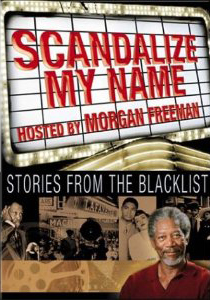 Scandalize My Name provides a searing examination of how “Red Scare” politics were used to hinder America’s civil rights movement. This powerful film documents the first-hand experiences of African-American performers faced with “blacklists,” loyalty oaths and other discrimination. It explores the impact these tactics had on the performers’ careers and on civil rights as a whole. Paul Robeson, Jackie Robinson, Harry Belafonte, Ossie Davis, and Dick Campbell are just a few of the notable personalities featured. [Description by Scott Albright, Rovi]
Scandalize My Name provides a searing examination of how “Red Scare” politics were used to hinder America’s civil rights movement. This powerful film documents the first-hand experiences of African-American performers faced with “blacklists,” loyalty oaths and other discrimination. It explores the impact these tactics had on the performers’ careers and on civil rights as a whole. Paul Robeson, Jackie Robinson, Harry Belafonte, Ossie Davis, and Dick Campbell are just a few of the notable personalities featured. [Description by Scott Albright, Rovi]
Review
By Mary Rayme from Suite 101
Can you imagine losing your career, your income, and your livelihood by speaking out against racism? That’s what happened to many prominent artists, actors, musicians, and writers during the Civil Rights Movement in the United States. The documentary film Scandalize My Name (1999) shows the devastating effect the Red Scare had on the civil rights movement and some of its major players. The House Committee on Un-American Activities (HUAC) was an investigative branch of the U.S. House of Representatives and operated from 1938-1975.
Blacklisting
Hosted and narrated by Morgan Freeman, Scandalize My Name: Stories From the Blacklist is a heartbreaking film that shows how the hate and hysteria of the McCarthy era lead to a huge loss in the artistic community. African American actors and musicians particularly were blacklisted for speaking out against racism. Historically speaking, HUAC was not only paranoid about preventing the spread of Communism, it was also incredibly racist and held back the Civil Rights Movement in America through intimidation and blacklisting.
Paul Robeson and Red Channels
Paul Robeson, the American singer, athlete, and actor, was targeted by the House Un-American Activities Committee because he spoke out against American treatment of African Americans. Also, Robeson was revered in Russia for his amazing baritone-bass singing voice and charismatic personality. At the height of Robeson’s career, the US government revoked his passport and blacklisted him, severely effecting his income and reputation.
A publication entitled Red Channels (1950) was in essence a compilation of the blacklisted artists who included: Leonard Bernstein, Aaron Copland, Will Geer, Ruth Gordon, Uta Hagen, Dashiell Hammett, Lillian Hellman, Lena Horne, Langston Hughes, Burl Ives, Alan Lomax, Burgess Meredith, Zero Mostel, Dorothy Parker, Edward G. Robinson, Pete Seeger, Artie Shaw, Hazel Scott, and Orson Welles. Other artists blacklisted included: Eddie Albert, Harry Belafonte, Luis Bunuel, Charlie Chaplin, and Canada Lee.
Fallout of the Blacklist
Scandalize My Name features Harry Belafonte discussing how the blacklist effected his career and the other artists as well. Belafonte got a lucky break when Ed Sullivan declined to honor the blacklist and had Belafonte perform on his famous television show. Others were not so lucky.
Hazel Scott was a child musical prodigy who was the first African American woman to have her own television show in 1950s America. The blacklist effectively ruined her career, as well as that of Canada Day, the African American actor.
Blacklisting cut short the careers and voices of many screenwriters, directors, animators, musicians, actors, composers, and designers. Creating a blanket of censorship and paranoia, HUAC and the blacklists stifled dissent and held back creative and social progress for decades to come. If you have never heard of Canada Lee or Hazel Scott it is sad proof of the effective work of the McCarthy era and HUAC.
Reprinted with permission from Mary Rayme. Originally published on Suite101.com. Mary Rayme is an artist in West Virginia.

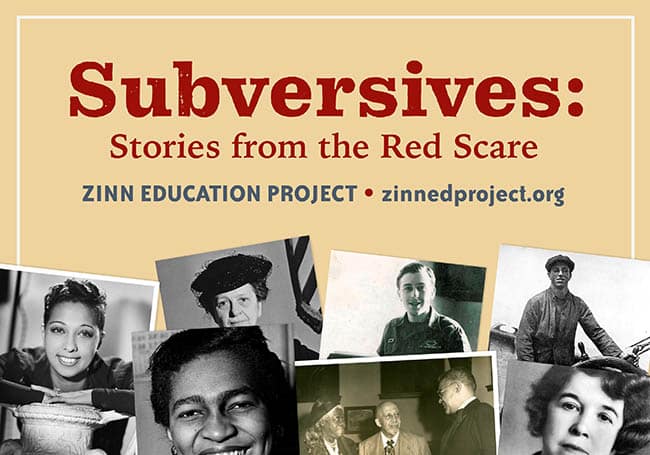
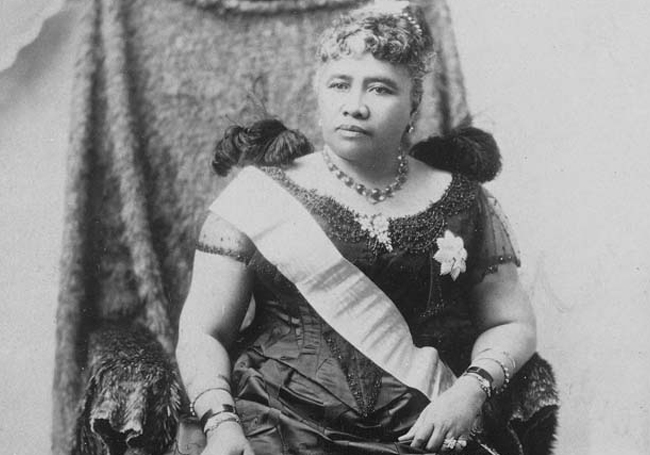

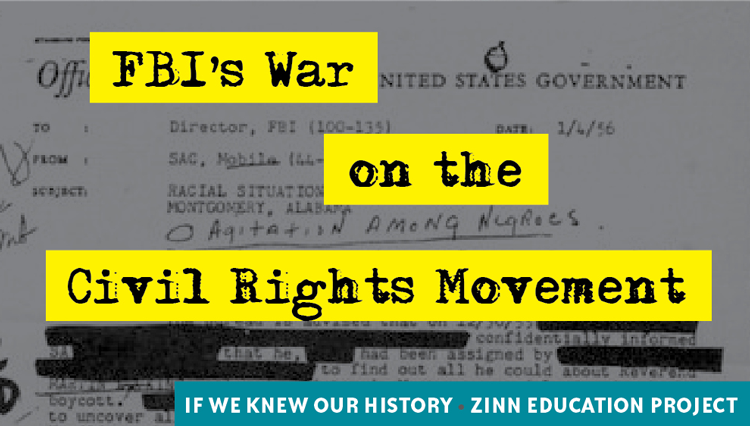
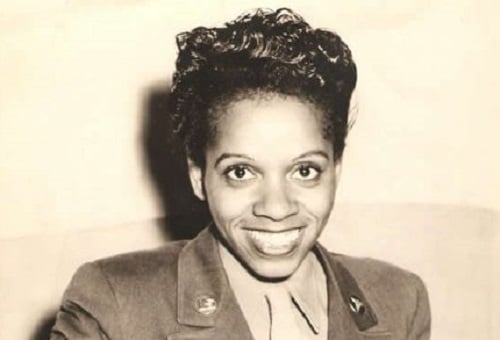
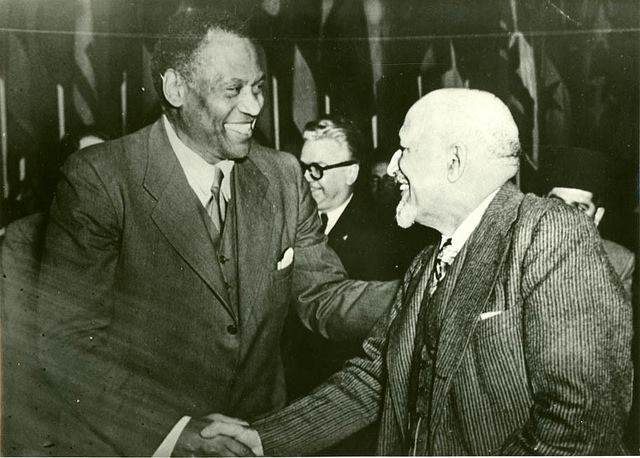






This is why Morgan Freeman is opposed to “Black History Month” – as he so eloquently stated, “Black History is American History,” – it should be taught alongside and as part of American History. Cramming it into a single month is, for all intents and purposes, segregating Black History, which is, quite frankly, just about the stupidest thing I’ve ever heard regarding an approach to the teaching of AMERICAN history. It is time for the integration of ALL History, from Black History to Native American History – the good, the bad, and the ugly: stop hiding the shameful acts of the past and teach! Teach the children that the nation has blood on its hands, but it is learning, and growing, and getting better. There is nothing wrong with embracing the past, so long as you are capable of learning from your mistakes, acknowledging them, and resolving NOT to repeat them: that is why we study history in the first place. After all, those who refuse to understand, those who turn away from the study of history, are the ones who are doomed to repeat the mistakes of the past.
Great history lesson for me and my family. Thank you.
Yet another example extraordinaire of why African American history should be taught alongside American history because it has been intertwined though separated due to racism and social injustice as such; it’s one history of several people however, reflected by one people.
Thank you for this Education!